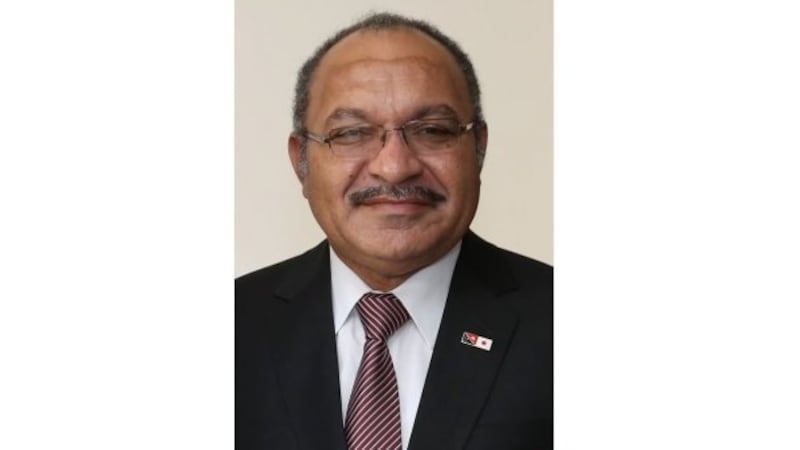The Supreme Court of Papua New Guinea has ordered parliament to reconvene on the 15th of July to hear a motion of no-confidence against embattled Prime Minister Peter O’Neill.
A growing protest movement, led by students and civil society groups, has destabilised the country in recent months in response to economic decline and ongoing allegations of corruption against O’Neill.
The corruption charges largely stem from a 2014 incident involving the sacking of Papua New Guinea’s police chief of operations and a number of deputy police commissioners after a warrant was issued for the Prime Minister’s arrest over an alleged expropriation of $31 Million dollars of public funds.
Student unrest erupted in earnest on June 8, 2016, after a peaceful rally at the University of Papua New Guinea’s Waigani campus was violently broken up by police forces. A number of students were shot by police in an incident which received widespread international coverage.
Riots and looting were reported across Port Moresby and in Mt Hagen, Goroka and Lae as news of the shootings spread.
Ongoing confrontations between opposing gangs of students culminated in the death of a student, identified as Graham Romorong, in a June 25 attack by unknown assailants on the Papua New Guinea University of Technology’s Lae campus. The attack, which also saw a number of academic buildings burned, ended after police dispersed the assailants using tear gas early on Sunday morning.
To the dismay of many students, the University of Papua New Guinea announced the cancellation of the academic term and suspension of the Student Representative Council’s constitution- effectively silencing student representation on the issue.
UPNG acting Chancellor Dr. Nicholas Mann, speaking at a press conference announcing the cancellation, said, “If the constitution is suspended, this organism that it derives its power from is suspended. That thing doesn’t exist- that’s all.”
In a press statement, the leader of the Student Representative Council denounced the arbitrary nature of the University’s actions.
“We have been suppressed since the beginning of our protests by the UPNG administration,” says SRC President Kenneth Rapa, “From the denial of referendums to the invasion of our privacy by Police, one-sided media propaganda, and unreasonable and unlawful evictions of students from campus, suspension of classes aimed at causing division, etc. We have been and are the victims of imposed creative suffering.”
Māori Television’s online news team spoke with a UPNG journalism student about the effects of the cancellation of the academic year.
The student, who requested their name be withheld, says, “I’m saddened by the fact that the administration has opted for the 2016 academic year to be terminated as many of us come from families that live in rural areas and...paying for school fees is a burden for most of our parents and guardians each year.
It’s a big blow to the education and human resource sector of a developing country such as Papua New Guinea. Our fellow Pacific students have been greatly affected as well as they will have to travel back to their country and still be in doubt if they will return again or not to complete their studies and look for sponsorship again.”
The student was unsure about her future in Port Moresby in light of the situation, “With classes suspended I will now have to look for a part time job as I live in the city and it’s quite difficult to get by with the inflation of prices of goods and services,” she says.
Although the government’s Chief Secretary Isaac Lupari has initiated talks with UPNG Acting Chancellor Mann to discuss salvaging the academic term, it appears the resumption of classes has been deemed improbable in light of the current environment.
Speaking to Loop PNG Lupari says, “Whilst we appreciate and understands the basis of their decision, I have asked them to see if they can review their decision.
We still have six months left in the year. These months can be utilised to salvage some part of the 2016 Academic year. I know it will be extremely difficult but we have to try for the sake of our children. The Government stands ready to assist in whatever it can to salvage 2016 Academic year.”
Student president Rapa remains defiant in the face of the cancellations, “We still hold that the Prime Minister must step down and face the law as any leader of integrity should do. It has been more than three years since he has been doing his evasive games with the law enforcement agencies and the Courts. For now, we must secure and ensure the education of the students.”

